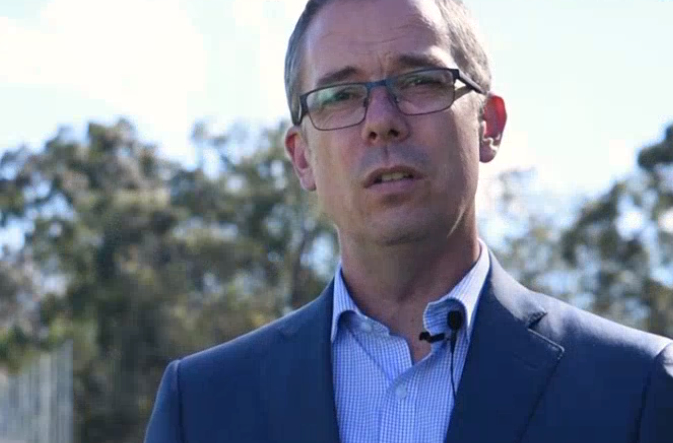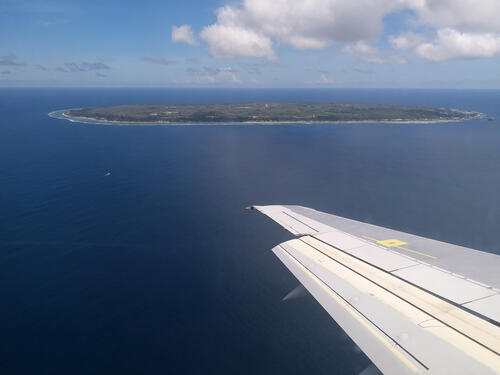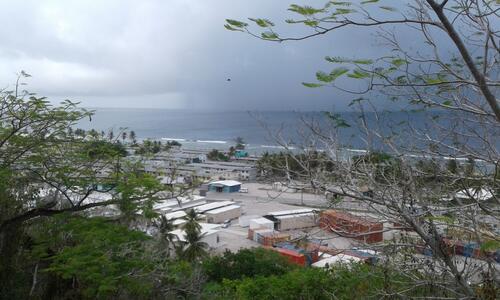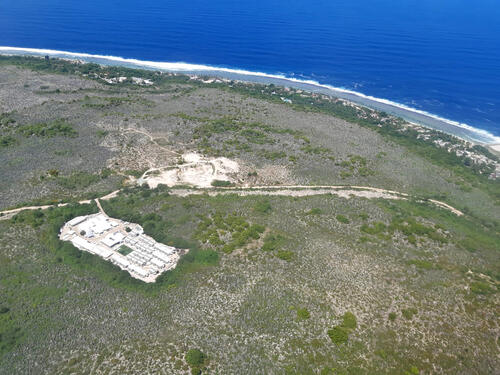- MSF was providing mental health services to refugees, asylum seekers and Nauruans on Nauru before being forced to leave in October 2018
- Mental health needs are severe, so MSF is launching a remote, tele-mental health service for these patients
- MSF urges the immediate evacuation of all refugees and asylum seekers from Nauru, with fast access to permanent resettlement
Sydney – Médecins Sans Frontières (MSF) is launching a free tele-mental health service, providing psychological support to former patients including Nauruan nationals, asylum-seeker and refugee patients. The remote service is a medical commitment by MSF to provide continuity of care to former patients who remain highly vulnerable on Nauru.
“Since our forced departure in October 2018, we continue to hear from patients who are experiencing severe levels of mental health distress and who struggle to access quality psychological care,” says Dr Christine Rufener, clinical psychologist and MSF mental health activity manager. “This telehealth service is MSF’s only remaining option to continue to act on our medical and ethical commitment to former patients.”

Nauru Mental Health Report - Indefinite Despair
MSF will provide psychological consultations from Australia to all former patients currently on Nauru, based on the same one-door-for-all principle. MSF has informed authorities on Nauru and welcomes collaboration and coordination with other medical providers in the interest of providing the best possible care to patients.
MSF strongly reiterates our call for the immediate evacuation of all refugees and asylum seekers from Nauru, as the risk of developing dangerously severe mental health problems remains high for all those trapped on the island. Refugees and asylum seekers must have fast access to permanent resettlement, alongside their families, so that they can begin rebuilding their lives.
“While mental healthcare can help to temporarily relieve some symptoms, there is unfortunately no therapeutic solution for asylum seekers and refugees who remain held indefinitely on Nauru,” says Dr Rufener. “Until then, we will do everything possible to continue to deliver the independent mental healthcare they desperately need.”
On 5 October 2018, after 11 months of providing mental health care on Nauru, the Nauruan government informed MSF that our services were “no longer required” and requested that our activities cease within 24 hours. The cessation of services forced MSF to leave behind hundreds of patients in urgent need of continued mental healthcare.
In December, MSF released the first independent medical data report demonstrating the extreme mental health suffering on Nauru, due to the Australian policy of indefinite offshore processing.






